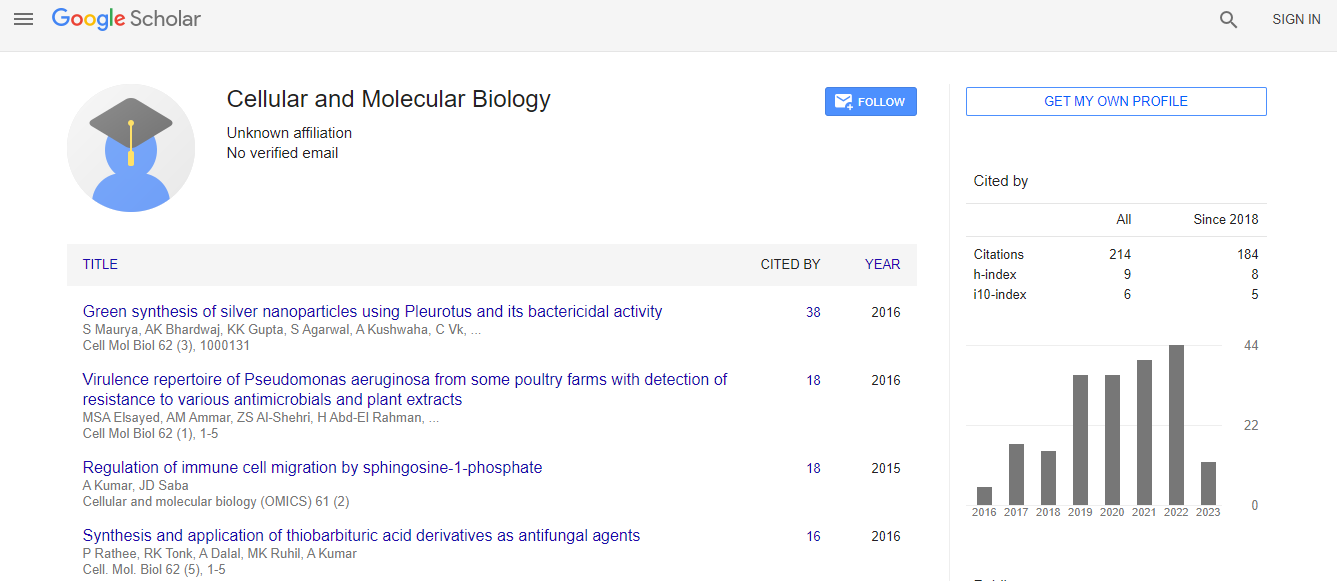Research Article
Identification of a Novel Calcium (Ca2+)-Activated Chloride Channel-like Membrane Protein 1 Gene that Encodes the Metalloprotease Motif in Xenopus laevis
Abstract
Here, we report cloning and identification of a calcium (Ca2+)-activated chloride channel (CLCA)-like membrane protein 1 (CMP1) gene from the Xenopus laevis colon, which encodes a metalloprotease motif. CMP1 was identified by in silico analysis, rapid amplification of cDNA ends (RACE), and tissue distribution analysis. It was revealed that the CMP1 amino acid sequence showed 49.8% overall identity with rat brain (rb) CLCA1 using in silico analysis. In particular, 5′- and 3′-RACE methods were adapted to obtain whole cDNA sequence with an open reading frame (ORF) encoding 936 amino acids. CMP1 also had the following features of CLCA family members: predicted signal sequence (ss), N-linked glycosylation, N-myristoylation, phosphorylation by PKC, and casein kinase II with at least five putative transmembrane (TM) domains. Additionally, it was revealed that CMP1 is ubiquitously expressed, especially in the brain, colon, heart, kidney, oocytes, and spleen with both semi-quantitative reverse transcription (RT) polymerase chain reaction (PCR) and real-time PCR analysis. Tissues except for the brain, heart, and spleen had relatively low CMP1 expression, and expression was almost undetectable in the lung and small intestine. In particular, we could not detect CMP1 in the liver. Collectively, these results enhance the amount of genetic information that is available for X. laevis and were useful for characterizing CMP1 as a possible metalloprotease rather than an ion channel.

 Spanish
Spanish  Chinese
Chinese  Russian
Russian  German
German  French
French  Japanese
Japanese  Portuguese
Portuguese  Hindi
Hindi 
